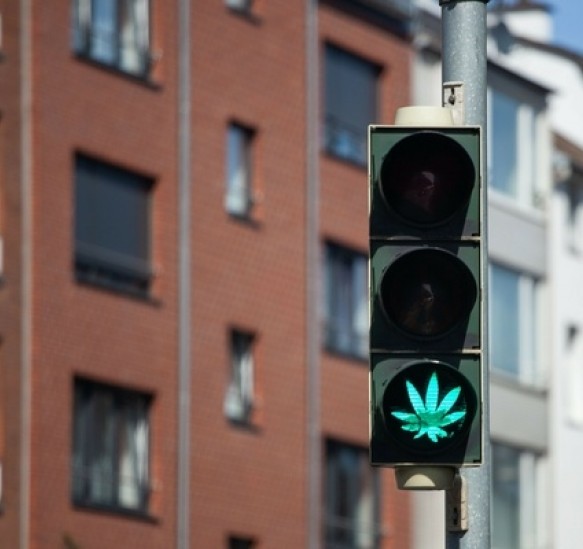A study that goes beyond the legal framework
To carry out this study and allow them to examine the effects of CBD products on the body and conduct, the Swiss researchers used 33 participants. They made them all swallow a liquid corresponding either to cannabis (whose cannabidiol level was largely superior to that of THC) or a placebo. Although current legislation in both France and Switzerland allows only 0.1 to 0.2 percent THC in such CBD products, the researchers provided a product with a composition of 16.6 percent CBD and 0.9 percent THC, far more than is normally allowed.
Further evidence of the problematic nature of the permitted thresholds
Neurocognitive and psychomotor tests were then carried out on the volunteers before it was possible to conclude that there was no symptom or noticeable impact on the behaviour of the participants who inhaled the real CBD flower. All sorts of behaviours were assessed such as stress, reaction time, concentration etc. and no difference could be found between the driving behaviour of the participants who received the placebo and the others.
These results therefore tend to demonstrate the inconsistency of the legal THC thresholds for driving with the scientific reality of the substance consumed. When being checked by law enforcement, one should not exceed the ridiculous level of 0.1ng/ml in the blood.
However, even if CBD is psychoactive and its use does not present any real risk for driving, it is better to wait six hours after consumption before driving. In this time, the 0.2% THC will have disappeared from the bloodstream. In addition, it is highly recommended to buy quality CBD products from certified shops that respect the legal limits.







